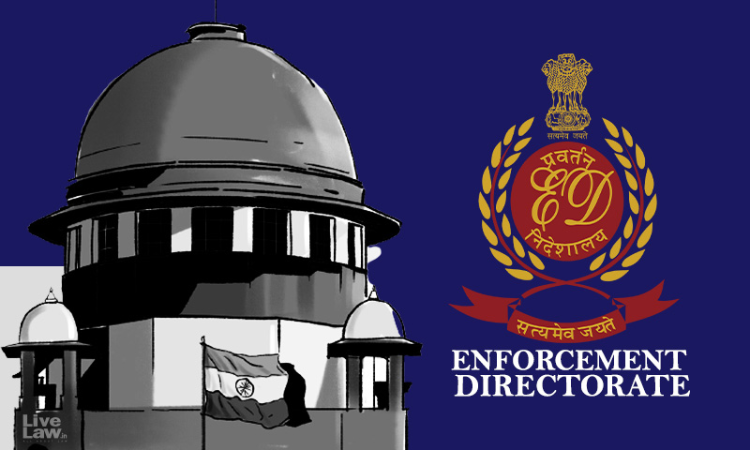PMLA vs IBC : Supreme Court Expresses Concerns Over ED Attaching Properties Purchased By Resolution Applicants
Srishti Ojha
6 April 2022 11:30 AM IST

Next Story
6 April 2022 11:30 AM IST
The Central Government on Tuesday informed the Supreme Court that it will come up with a mechanism with regard to the properties which are proceeds of crime as defined under the Prevention of Money Laundering Act but are purchased by a new owner in insolvency process under the Insolvency and Bankruptcy Code (IBC).The question involved is whether in cases where the property is acquired by...
